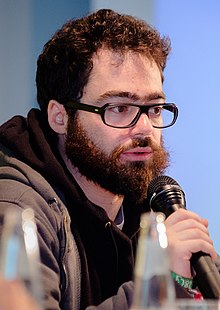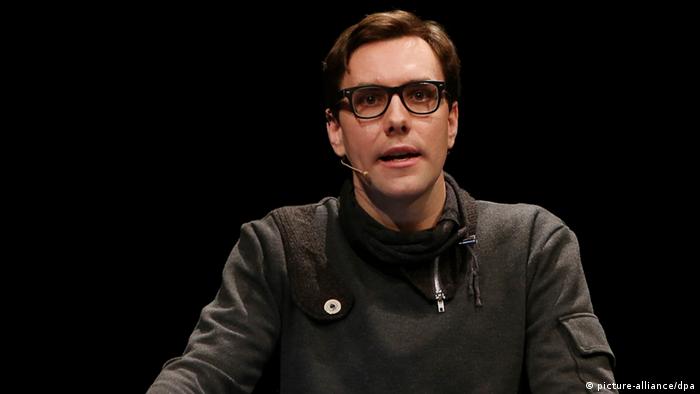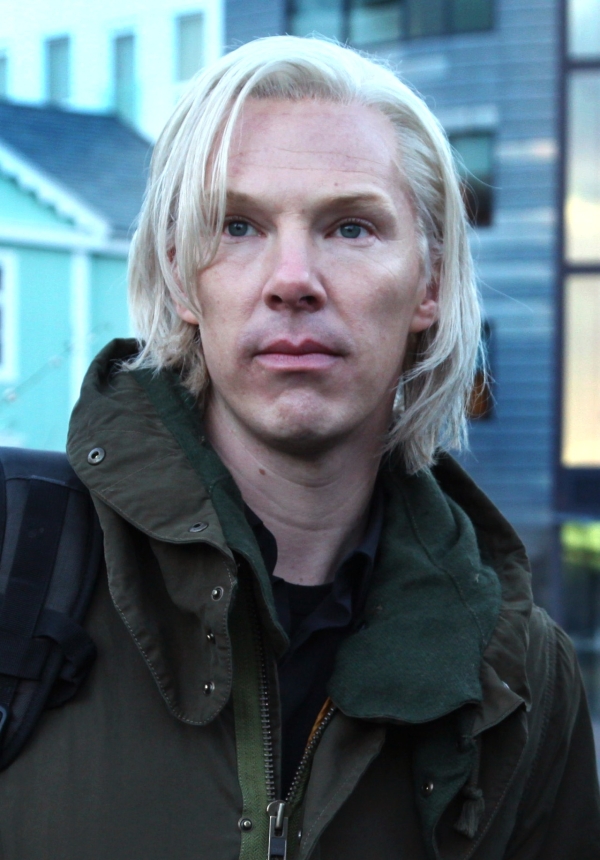Cypherpunks: Freedom and the Future of the Internet
Josh Mills
2016-03-03
Intro
This book is a transcript of a discussion that took place amongst four leading privacy/internet advocates.
jeremie zimmermann, andy mueller maguhn, jacob appelbaum, and julian assange. Wait a minute, thats not the right Assange. There we go..
Julian Assange is of course famous for his website, Wikileaks, which caused quite the controversy whenever they began releasing classified documents.
The site became the go-to place for whistleblowers like Bradley Manning to reveal questionable ethical secrets to the mass public.
However, each author is very well known within the cypherpunk community, with Jacob working heavily on the tor network and its promotion
Andy being a senior member of the Chaos Computing Club, which is a progressive hacking association based out of Germany
And jeremie being a co-founder of La quadrature du Net, which is a citizen advocacy group defending fundamental freedoms online. Therefore it's safe to say each of the authors are quite invested in the discussion and fight for internet freedom.
what is a Cypherpunk?
A cypherpunk is any activist advocating widespread use of strong cryptography as a route to social and political change.
The original informal groups aimed to achieve privacy and security through proactive use of cryptography.
Fundamental Freedoms
The four authors, and Cypherpunks for that matter believe that everyone should have freedom of communication, freedom of movement, and freedom of economic interaction.
"free"
While these staples may seem ordinary to you and those who live in a free, democratic society. Physically, yes we may experience these freedoms, but the authors argue that
the internet is simply an extension to our physical lives, and as it turns out, we do not in fact experience these same freedoms online. Another important aspect to these
fundamental freedoms lies in the fact that some countries are free and therefore the online platform of the internet may serve as the best tool to overcome such dictatorships.
One example that we have talked about in class is the Arab Spring, where protestors used the internet to reveal the conditions they were facing with their oppressive, dictatorship of a government.
"Global Village"
This idea of a global village where people can become connected from all over the world and work together to accomplish something as large and significant as overthrowing a dictatorship government
shows how powerful of a tool the internet can be.
No more privacy online
There is no privacy anymore, our communications can be spied on, and are spied on and stored and, as a result, can be used against us. So therefore the elementary interaction that we have with people physically is degraded.
"One of the fundamental things the cypherpunks recognized is that the architecture actually defines the political
situation, so if you have a centralized architecture, even if the best people in the world are in control of it, it
attracts assholes and those assholes do things with their power that the original designers would not do. And it's
important to know that that goes for money."
The cypherpunks realized that a centralized architecture would simply not work due to it potential to become corrupt and used for nefarious means.
Moving away from a centralized architecture
What the cypherpunks then want to do is to create systems that allow us (people) to compensate each other in a truly free way where it is not possible to interfere.
Unsolved Problem
Unfortunately this is the unsolved problem of the electronic world right now because as things now stand, two credit companies, both with a US based electronic infrastructure for
clearance-meaning access to the data in the US jurisdiction-control most of the credit card payments of the planet.
decentralized architecture
As the authors point out, the internet could exist without this centralization, it's not that the technology is impossible, it's just that it is simply more efficient to have it centralized.
A poor-man's facebook
However, as Julian points out, we need something better than saying we should have a poor-man's version of facebook and expect everyone to use it. It's a fact that it's easier to use Twitter than
start your own twitter and it's a fact that it's easier to use facebook than some alternative.
Solutions for a Decentralized architecture
Cryptography, anonymity, and open-source
Cryptography
Cryptography is vital for a free, decentralized environment because without cryptography, we lose our privacy and therefore
are no longer able to freely communicate, move around, or engage in economic transactions.
Wikileaks
For example, whenever Wikileaks was engaged in leaking classified government information, the U.S. government used its power to force the credit card companies to not allow transactions to take place between wikileaks and donators.
Anonymity
Anonymity comes as a product of encryption and use of tools such as the tor network and truly allows us to experience the freedom of moverment, communication and economical interaction.
Open-source
Ultimately however, in order to achieve the three pillars of freedom, we must have both open-source software and hardware so that users may delve into the components and define their own individual degrees of freedom.
"We need free software for a free world, and we need free and open hardware"
We are at an important point in the internet's history where less and less of the technology users have a low-level understanding of how the devices and software that they are using works.
This provides companies and governments the opportunity to take advantage of the user base.
"So I think the only people who will be able to keep the freedom that we had, say, twenty years ago-because the surveillance state has already eliminated quite a lot of that, we just don't
realize it yet-are those who are highly educated in the internals of this system. So it will only be a high-tech rebel elite that is free, these clever rats running around the opera house. "
Improvements
While the authors greatly detailed the issues with the current architecture of the internet and its lack of freedom, in addition to laying out what they hope the future will bring (encryption, anonymity,
and open-source, as well as knowledgable users), I wish they would have spent more time discussing tangible solutions to the issues, outlining how users might achieve anonymity, or encryption, such as using the tor network.









